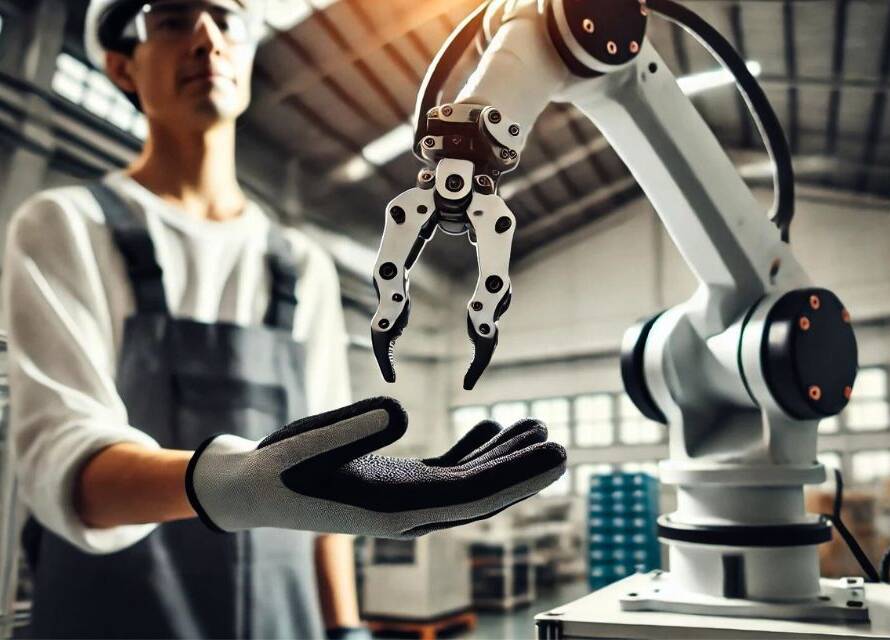The integration of human-robot interaction (HRI) systems in manufacturing is a cornerstone of Industry 4.0. Recent advancements in HRI are focused on creating seamless and productive collaborations between human workers and robots. Let’s delve into the latest research on developing advanced HRI systems, highlighting practical applications, technological innovations, and the benefits these systems bring to modern manufacturing environments.
Designing Human-Robot Collaborative Cells
A significant advancement in HRI is the design of advanced collaborative cells that personalize interactions between humans and robots. These systems leverage technologies such as artificial intelligence, augmented reality, and user-aware control paradigms to enhance flexibility and adaptability.
A recent research study discussed the integration of these technologies to create collaborative environments where robots can dynamically adapt to human behaviors and preferences. The study showcases a real-world deployment in an industrial setting, demonstrating how the system can be personalized to fit specific user characteristics, such as age, skills, and preferences, thereby increasing efficiency and user acceptance.
Developing Manufacturing-Assistant Robot Software
Facilitating the use of robots by non-experts is crucial for widespread adoption in small and medium-sized enterprises. Recently, researchers introduced a user-friendly software that allows non-experts to program industrial robots through intuitive methods such as hand gestures and video recordings. This software employs a convolutional neural network (CNN) to process these inputs, enabling the generation of precise robot trajectories without requiring extensive technical knowledge.
The study highlights how this system can be implemented in small production plants to enhance productivity and reduce dependency on specialized operators. The software’s ability to interpret and execute tasks like welding or sealing based on simple hand gestures makes it a game-changer for smaller manufacturing units.
Enhancing Social Intelligence in Robots with Affective Computing
The use of affective computing in HRI systems is paving the way for socially intelligent robots capable of understanding and responding to human emotions. A recent study explored the implementation of affective computing to create robots that can perceive and adapt to the emotional and psychological states of human operators.
This development is particularly relevant in manufacturing settings, where reducing stress and improving worker satisfaction can significantly boost productivity. The study delves into various sensing modalities, such as facial expressions, body language, voice, and physiological signals, which robots can use to gauge human emotions. By adapting their behavior based on these inputs, robots can create a more harmonious and efficient working environment.
As a U.S.-based company with 30 years of experience, Source Machining Specialties specializes in helping U.S. manufacturers with their manufacturing needs in India. We’re so confident in our Indian production facilities that we invite you to a site audit at our expense. Discover more about our capabilities and services, and let’s start a conversation.



